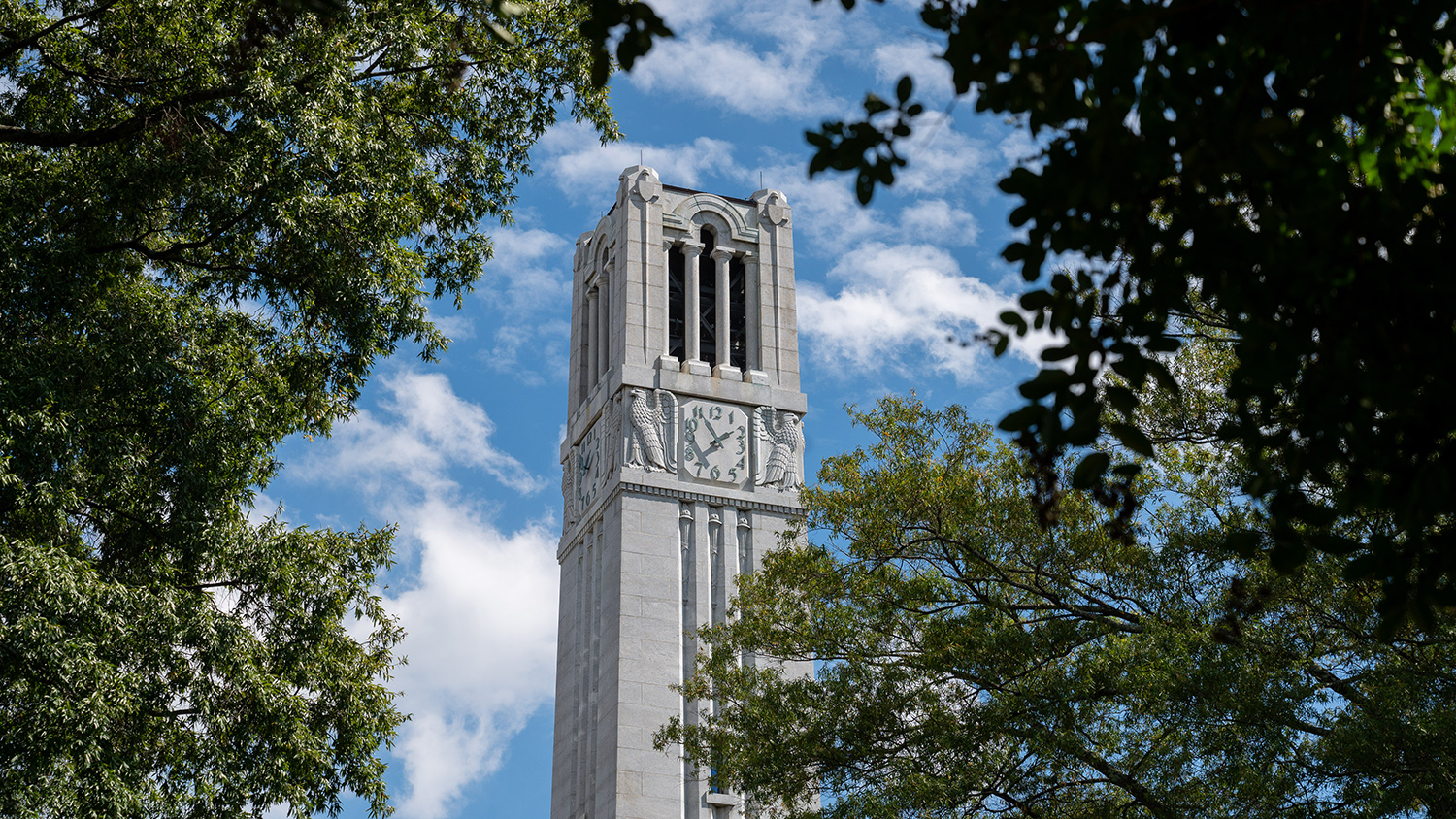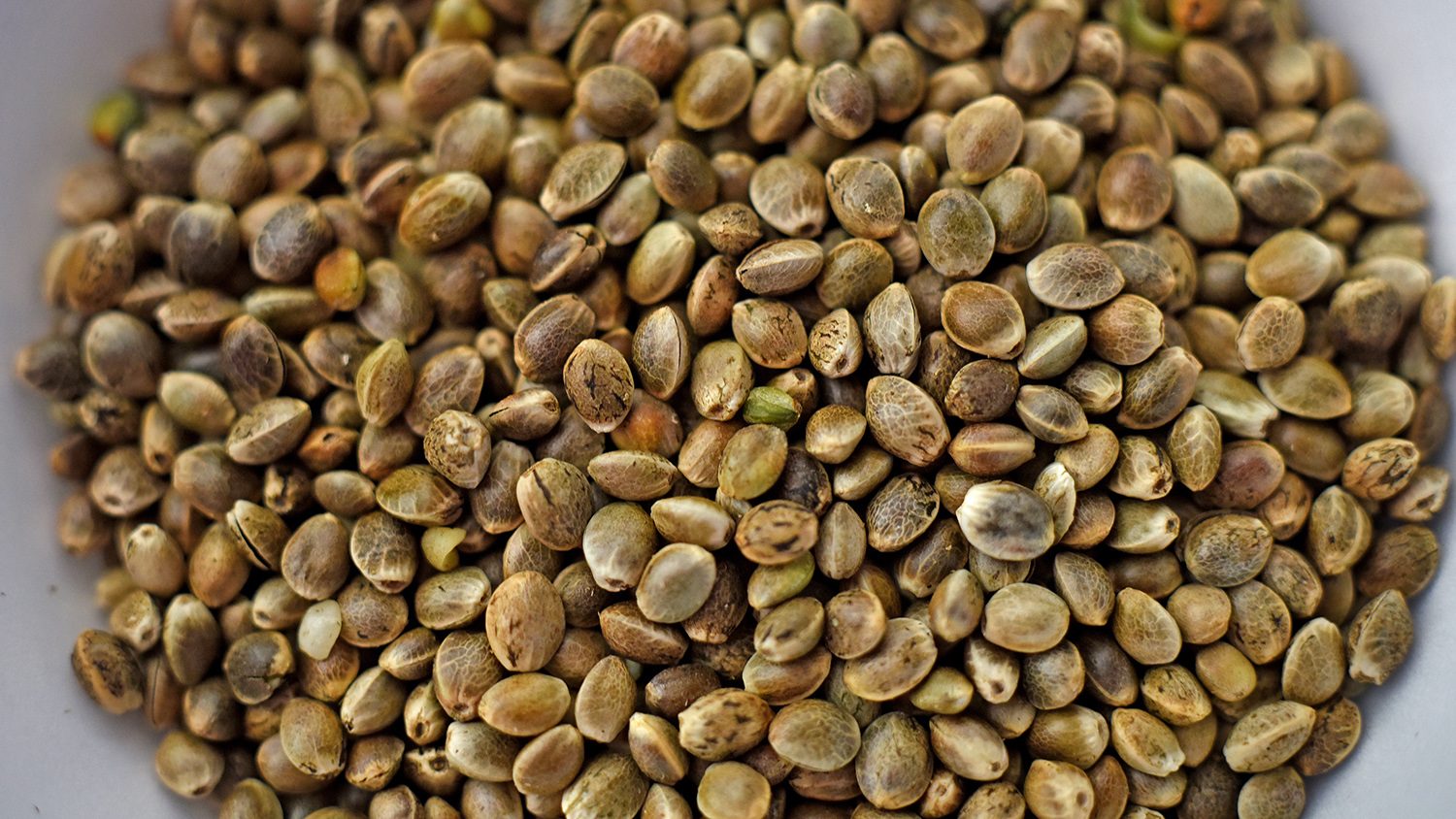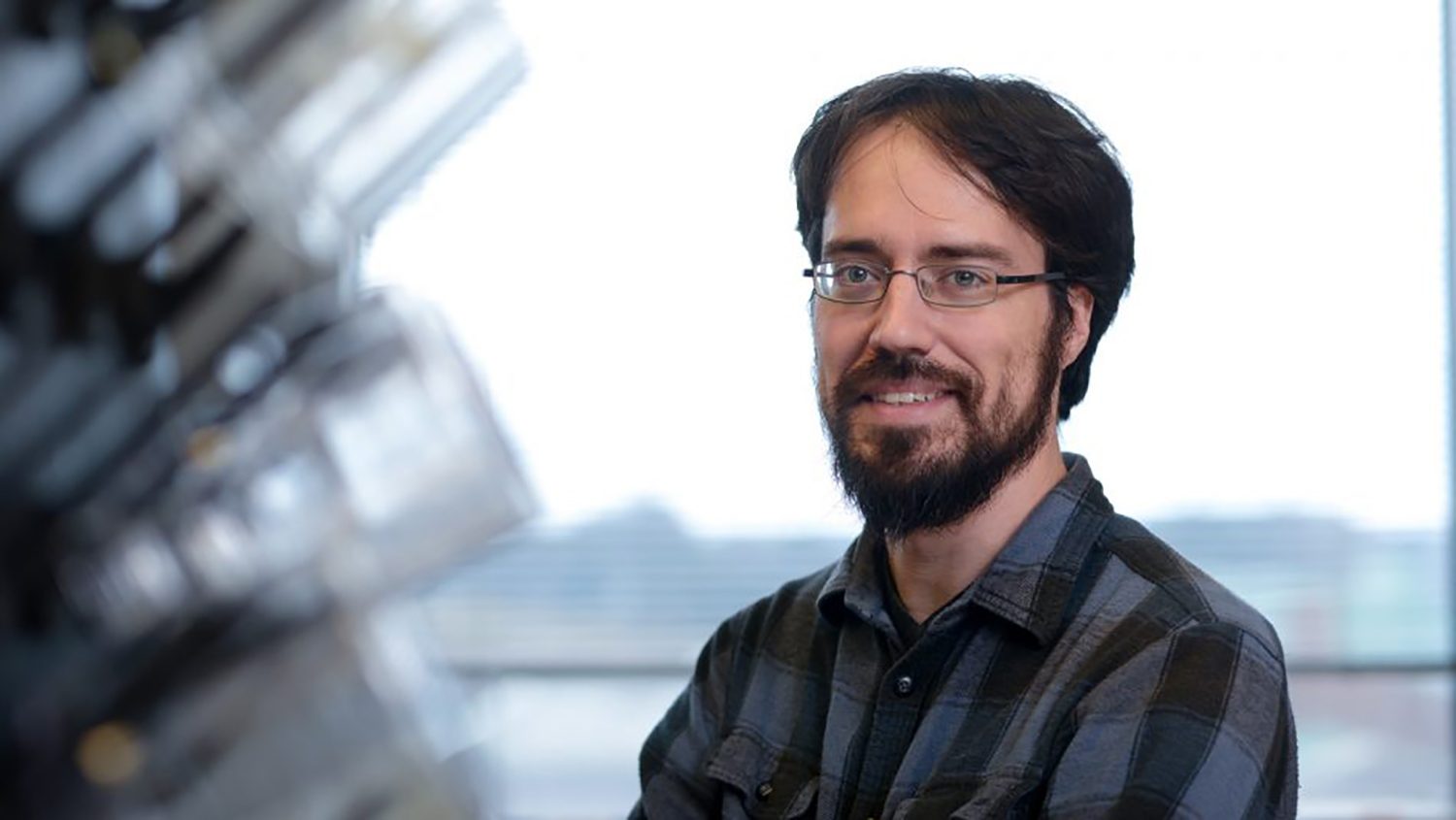Emily Packard
NC State Announces 2024-25 Goodnight Early Career Innovators
NC State announced its 2024-25 class of Goodnight Early Career Innovators today. This program recognizes and rewards promising NC State early-career faculty whose scholarship is in STEM or STEM education. The 25 faculty selected will receive $22,000 for each of the next three years to support their scholarship and research endeavors.
Funding awarded to study “microbiome stewardship”!
This article discusses the work of a team of researchers including Mallory Choudoir, a member of the Microbiomes and Complex Microbial Communities cluster in NC State’s Chancellor’s Faculty Excellence Program.
How microscopic fungi could help to make crops drought-proof
In this article, Christine Hawkes, a member of the Microbiomes and Complex Microbial Communities cluster in NC State’s Chancellor’s Faculty Excellence Program, talks about the plant mycobiome being the next frontier for agricultural science.
Nathan Crook Receives NIH DP2 Grant
Nathan Crook has received a 2023 National Institutes of Health Director’s New Innovator Award for his project, Brewing Anti-Toxin Drugs Using Probiotic Yeast.
2022-23 University Faculty Scholars Named
These 22 early- and mid-career NC State faculty members are recognized for their outstanding academic achievements and contributions to the university through their teaching, scholarship and service.
NC State Announces Inaugural Goodnight Early Career Innovators
Three cluster faculty are among 24 promising NC State early-career faculty whose scholarship is in STEM or STEM education has been recognized through a new awards program.
Microbiomes and Complex Microbial Communities Cluster Faculty Receive Grant Funding
Nathan Crook and Manuel Kleiner recently received funding from the Plant Soil Microbial Community Consortium (PSMCC). Crook and Kleiner are members of the Microbiomes and Complex Microbial Communities cluster in NC State’s Chancellor’s Faculty Excellence Program.
Five Questions with Fred Wright
NC State’s Chancellor’s Faculty Excellence Program showcases the university’s commitment to interdisciplinary excellence and field-leading faculty. Fred Wright, a member of the Bioinformatics cluster and director of the Bioinformatics Research Center, gives insight into his research and the impact of interdisciplinarity at NC State.
Making Advancements in Microbiome Analysis
Researchers have been slow to embrace new tools which now make it possible to analyze microbiomes using exact DNA sequences without being overwhelmed by errors. Benjamin Callahan, associate professor Department of Population Health and Pathobiology and member of the Microbiomes and Complex Microbial Communities cluster, explains how this resistance is holding science back in an article for The ISME Journal: Multidisciplinary Journal of Microbial Ecology.







